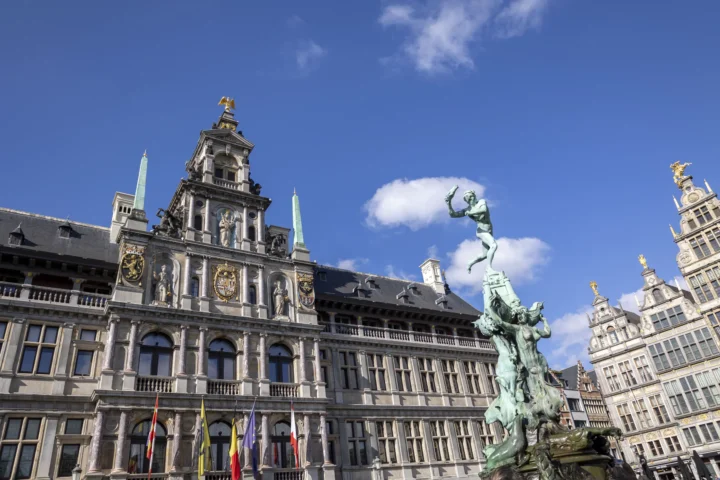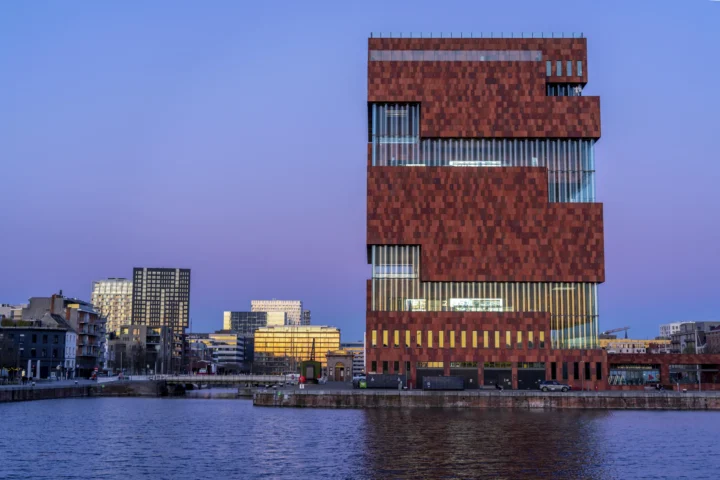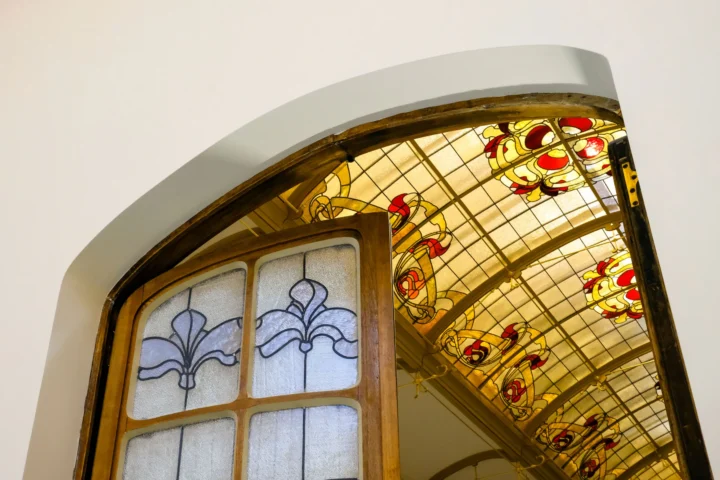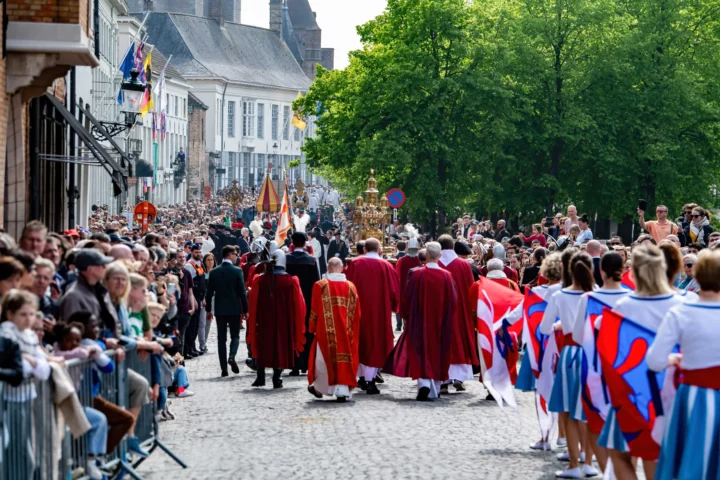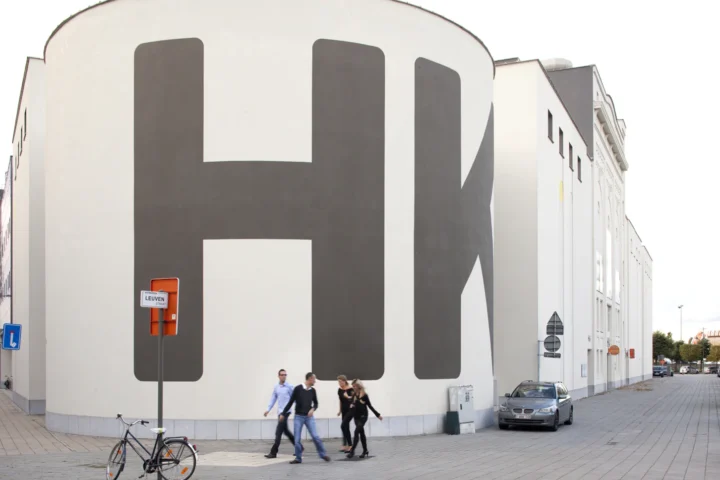In Dinant, Wallonia, scientists from Ghent University (UGent) and artists have presented a reconstruction of the face and living environment of a prehistoric woman who lived around 10,000 years ago in the Meuse valley. The reconstructions form a travelling exhibition and the general public is invited to choose a name for the woman.
The remains of the prehistoric woman were found in 1988 in the Margaux cave near Dinant. Scientists from UGent and specialist artists from the Kennis & Kennis studio reconstructed her face based on anatomical, genetic and archaeological research.
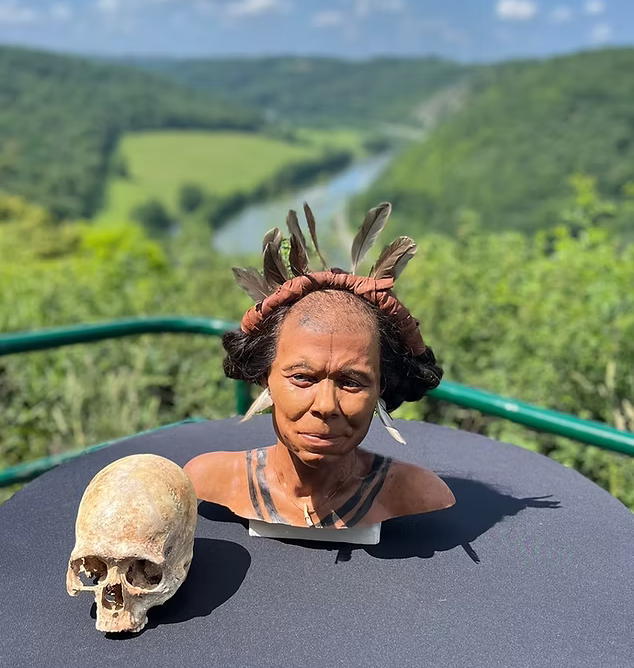.avif)
The Margaux woman turned out to be related to Western European hunter-gatherers, including the famous Cheddar Man from Great Britain. Like him, she had blue eyes, but her skin was slightly lighter than that of many other individuals from the same period. “This indicates greater diversity in skin pigmentation than we previously thought,” said Maïté Rivollat, chief geneticist of the project.
“This indicates greater diversity in skin pigmentation than we previously thought”
Her living environment was also accurately reconstructed based on archaeological data and scientific models. Campsites, hunting techniques and means of transport bring the world of more than 10,000 years ago back to life.
Three name options
The reconstruction is part of the travelling exhibition Face to Face with Prehistory, which will tour Belgium and the Netherlands from August onwards. In the meantime, the general public is invited to choose a name for the woman.


